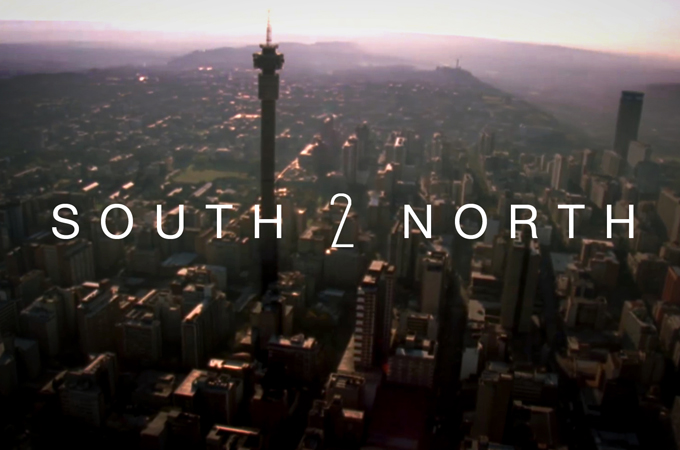
A world of waste
Do you know where all your waste goes after it has been thrown in the bin or flushed down the toilet?
| No subject is off limits – Redi Tlhabi talks frankly to inspiring and intriguing personalities from across the world. |
Do you know where all your waste goes after it has been thrown in the bin or flushed down the toilet?
This week on South2North, Redi looks at the world of waste; how it is managed, by who and, perhaps most importantly, how much money it is generating.
Keep reading
list of 4 itemsAfter the Hurricane
World’s coral reefs face global bleaching crisis
Why is Germany maintaining economic ties with China?
Cecilia Njenga, the head of United Nations Environmental Programme, explains the problems posed by modern waste management.
“Waste management is increasingly becoming one of the greatest challenges, particularly for a highly urbanising world,” she explains. “In most of our cities, particularly in Africa, we are increasingly seeing municipalities not having the capacity to manage this waste. A lot of this waste is being strewn along the roadsides; we’re seeing it in dump sites; we’re seeing the health effects of this waste affecting our children here in Africa; we are seeing increasingly, particularly, clean water being affected by the seepage of pollutants from the waste …. We need to take some urgent action.”
Melanie Samson is an African waste sector specialist at WIEGO, a global network of activists, researchers and policy makers concerned with improving the status of women in the informal economy, and a post-doctoral fellow at The Public Affairs Research Institute (PARI). She explains the role of ‘waste-pickers’ – informal labourers who sort through waste to find parts to recycle – and how the exclusion of these workers from formal systems has not suited municipalities in the global South.
“In Mumbai in India,” she explains, “there’s a system where waste pickers that are affiliated with an organisation get contracts with companies and with different areas of the city to collect their waste. They sell the recyclables and they take the organics and instead of sending them to landfills to be buried they have biodigesters that are located within those sites themselves that produce compost that can be used and also produce energy that can be used for electricity and to generate heat.”
Samson also touches on the social discrimination these workers experience: “Virtually every society has some kind of taboo about dealing with waste and dirt and people who take on this work have to confront this. I find it quite ironic that we, as residents, discriminate against the people who go through the rubbish and we’re repulsed that they will go through our waste instead of being repulsed with ourselves for producing so much waste.”
Our third guest, Jason Drew, uses waste to generate profit. He created the award-winning AgriProtein product, Magmeal, which turns organic waste into high-protein feed for animals. He explains: “A third of all of the fish we take out of the seas is ground up and made into fishmeal that goes into our industrial agricultural processes. We should leave our fish in the sea to be eaten by humans, not by farm animals. We take what other people consider to be waste, that is full of useful nutrients, and we recycle through using the eggs of flies. Those eggs of flies grow into larvae. We dry those and we feed them to animals like chickens and fish. It’s what they’d naturally eat so what we’re doing is simply recreating a natural process.”
South2North can be seen each week at the following times GMT: Friday: 1930; Saturday: 1430; Sunday: 0430; Monday: 0830. |
